Essential oils have gained popularity for their potential health benefits and wellness uses. Derived from plants, these oils are highly concentrated and contain compounds that may support physical and mental health. In this guide, we’ll explore the benefits of essential oils, how they work, and how to incorporate them effectively into daily routines.
What Are Essential Oils?
Essential oils are extracted from plants and are known for their aromatic and therapeutic properties. They are used in aromatherapy, a practice that enhances well-being through scent. Some common essential oils include lavender, peppermint, eucalyptus, and tea tree oil. These oils have unique properties that can benefit physical and emotional wellness.
Top Health Benefits of Essential Oils
Essential oils offer many health benefits, enhancing physical, mental, and emotional well-being. Here are some of the most notable advantages:
- Stress Reduction and Relaxation
- Lavender Oil: Known for its calming properties, it reduces stress and promotes sleep. It works well in aromatherapy to create a peaceful environment.
- Chamomile Oil: This oil helps soothe nerves and alleviates anxiety. It’s often used in diffusers before bedtime to support restful sleep.
- Pain Relief and Anti-Inflammatory Effects
- Peppermint Oil: This oil is excellent for easing headaches and muscle pain. Applying diluted peppermint oil topically can relieve tension headaches, while its cooling sensation soothes muscle aches.
- Eucalyptus Oil: With strong anti-inflammatory properties, eucalyptus oil is effective for joint pain. It is commonly used in massages and bath soaks to alleviate soreness.
- Boosting Immunity
- Tea Tree Oil: It has powerful antibacterial and antiviral properties, making it a natural remedy for minor cuts and skin infections. Its antifungal benefits are ideal for treating athlete’s foot and other fungal concerns.
- Frankincense Oil: This essential oil supports the immune system by reducing inflammation and promoting respiratory health. It’s often used in diffusers to purify the air and enhance breathing.
- Skin Health and Anti-Aging Benefits
- Lemon Oil: Packed with antioxidants, lemon oil brightens and rejuvenates the skin. It’s particularly useful for oily skin and can be applied topically when diluted.
- Rosemary Oil: Known for its skin-enhancing qualities, rosemary oil helps reduce acne and improves skin texture. Its antibacterial properties also make it popular for treating minor skin issues.
- Digestive Support
- Ginger Oil: This oil supports digestion, reducing nausea and bloating. It is effective when diffused or applied to the abdomen with a carrier oil.
- Peppermint Oil: Beyond pain relief, peppermint oil assists with digestive issues like irritable bowel syndrome (IBS). Inhaling or applying it topically can ease discomfort.
When used properly, these essential oils can provide natural and effective solutions for common health concerns. Incorporating them into daily routines through diffusers, topical applications, or massage blends can significantly enhance overall wellness.

How to Use Essential Oils Safely
Using essential oils effectively requires understanding how to apply them safely. Here’s a simple guide:
-
Dilution is Key
Essential oils are highly concentrated, so they should be diluted with a carrier oil like coconut or jojoba before skin application. Generally, 3-5 drops per teaspoon of carrier oil are used. -
Patch Testing
Always perform a patch test before using any essential oil to check for allergic reactions. Apply a small amount of diluted oil to the inner forearm and wait 24 hours to see if irritation occurs. -
Avoid Direct Ingestion
Not all essential oils are safe for consumption. Only ingest oils under professional guidance, as they can be toxic or cause irritation when ingested improperly. -
Proper Storage
Store essential oils in dark, glass bottles away from direct sunlight and heat to maintain their potency. -
Pregnancy and Children
Some essential oils are unsuitable for pregnant women, infants, or children. For instance, eucalyptus and peppermint oils should be avoided in these groups. Always consult a healthcare professional before using oils on children or during pregnancy. - Aromatherapy: This is the most common use of essential oils. Add a few drops of your chosen oil to a diffuser. For example, lavender or frankincense can create a calming atmosphere, perfect for winding down in the evening.
- Bath Soaks: Add a few drops of essential oil, like chamomile or eucalyptus, to warm bath water. This helps to relax muscles and soothe the mind.
- Massage: Mixing essential oils with a carrier oil for massage can enhance muscle relaxation. Oils such as peppermint and rosemary work well for this purpose.
Research-Backed Insights on Essential Oils
Several studies support the benefits of essential oils for health. For instance, a 2017 study showed that inhaling lavender could significantly reduce pain levels after surgery.
Similarly, research on peppermint oil indicates its effectiveness in treating tension headaches and IBS. Eucalyptus oil has been found useful in easing respiratory infections and inflammation, making it a staple in wellness routines.
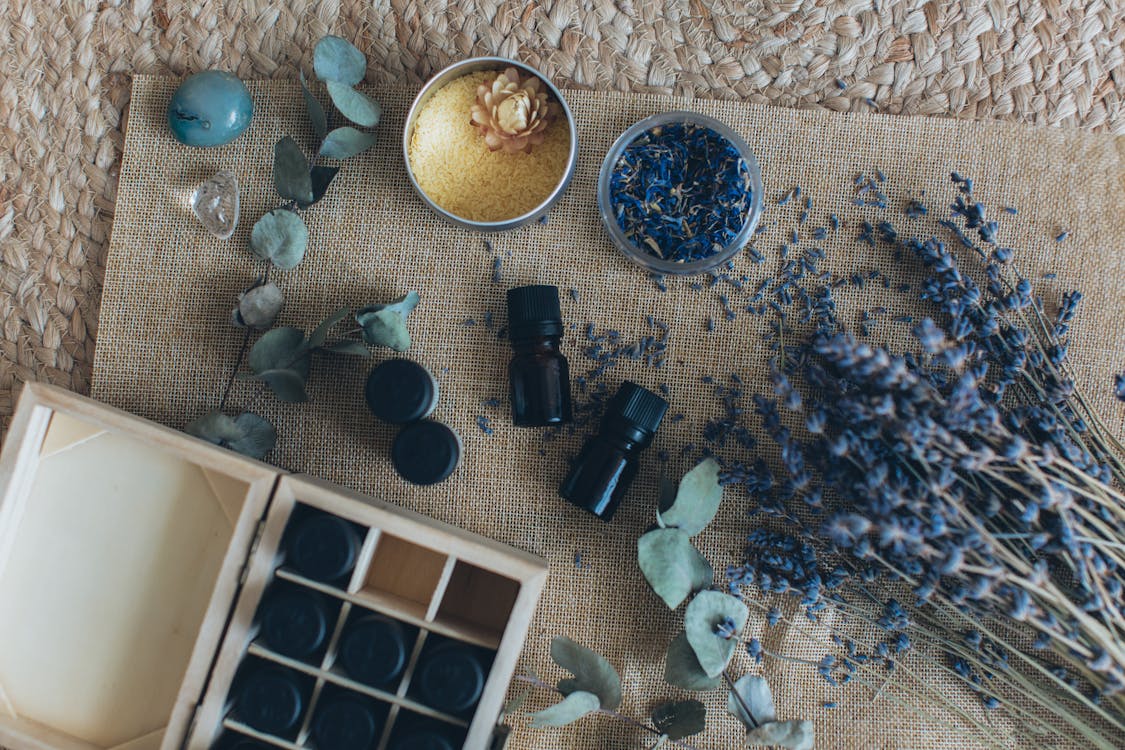
Tips for Choosing Quality Essential Oils
When selecting essential oils, quality matters. Here are a few tips:
- Look for Pure Oils: Choose oils labelled as 100% pure, without added chemicals.
- Check for Certification: Organic certification ensures the oils are free from pesticides and synthetic additives.
- Consider the Extraction Method: Steam distillation and cold pressing are preferred methods as they preserve the therapeutic qualities of the oils.
Integrating Essential Oils into Your Daily Routine
- Morning Energiser: Use citrus oils like lemon or orange to uplift your mood in the morning. Adding a few drops to your diffuser can create an energising atmosphere.
- Midday Boost: For a quick pick-me-up during the day, try inhaling peppermint oil. Its refreshing scent helps improve focus and alertness.
- Evening Relaxation: End your day with a blend of lavender and chamomile to unwind. This combination can be diffused or added to a bath for a peaceful night’s rest.
Safety Considerations
Though essential oils offer many benefits, it’s crucial to use them properly:
- Dilution: Always dilute essential oils when applying them directly to the skin to avoid reactions.
- Patch Test: Before using any oil, do a patch test to ensure you don’t have an allergic reaction.
- Pregnancy and Children: Some essential oils are unsafe for pregnant women or children, so consult a professional before use.
Conclusion
Essential oils can be valuable to your health and wellness routine when used safely and effectively. Whether you’re looking to relieve stress, improve skin health, or boost your immune system, there is likely an oil that fits your needs.
Understanding how to use these oils and selecting high-quality products will ensure you get the most benefit from them. Explore the possibilities and discover how essential oils for health can transform your well-being.
For more information on choosing the right oils for your needs, you can explore resources on reputable health websites. Always seek professional advice if you’re new to using essential oils or have specific health concerns.


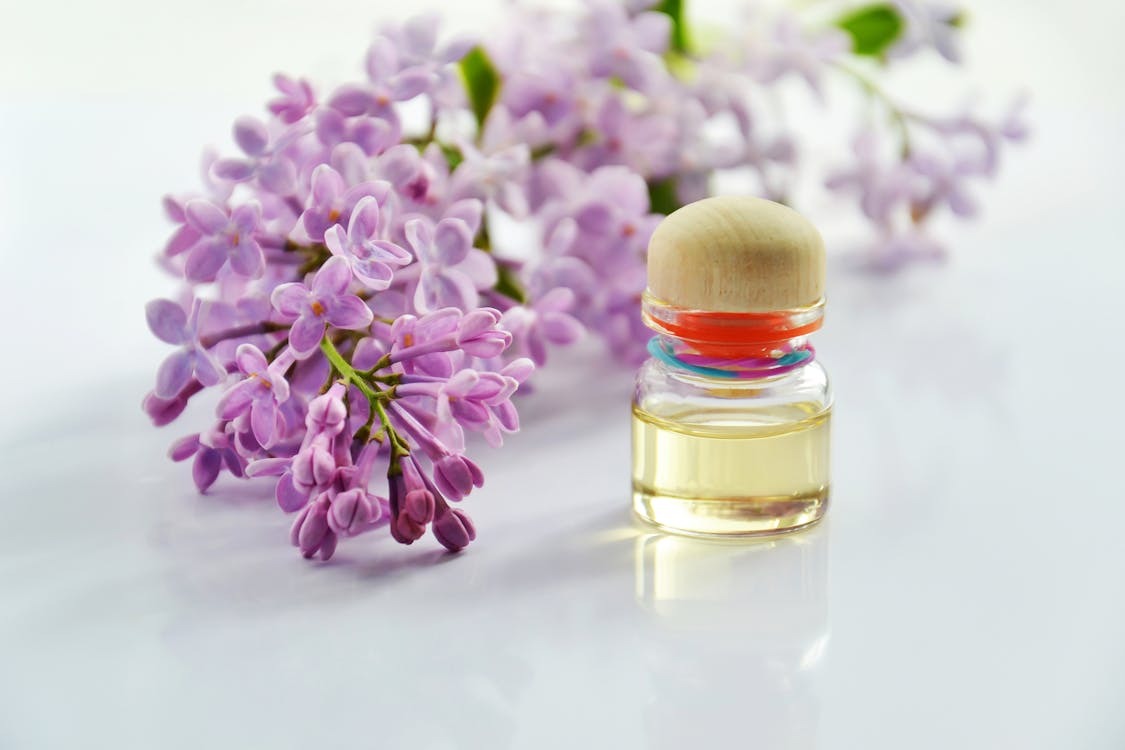
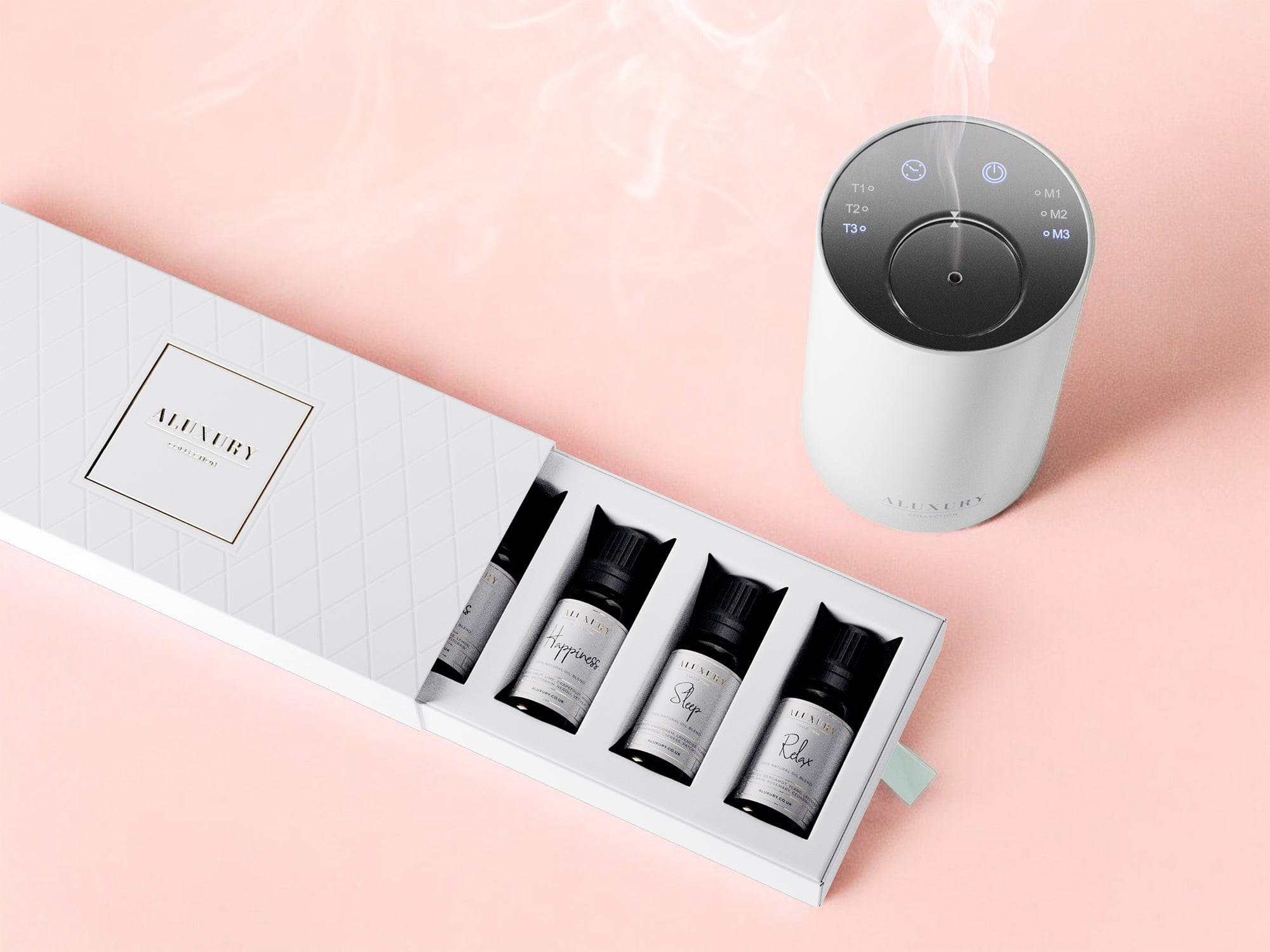
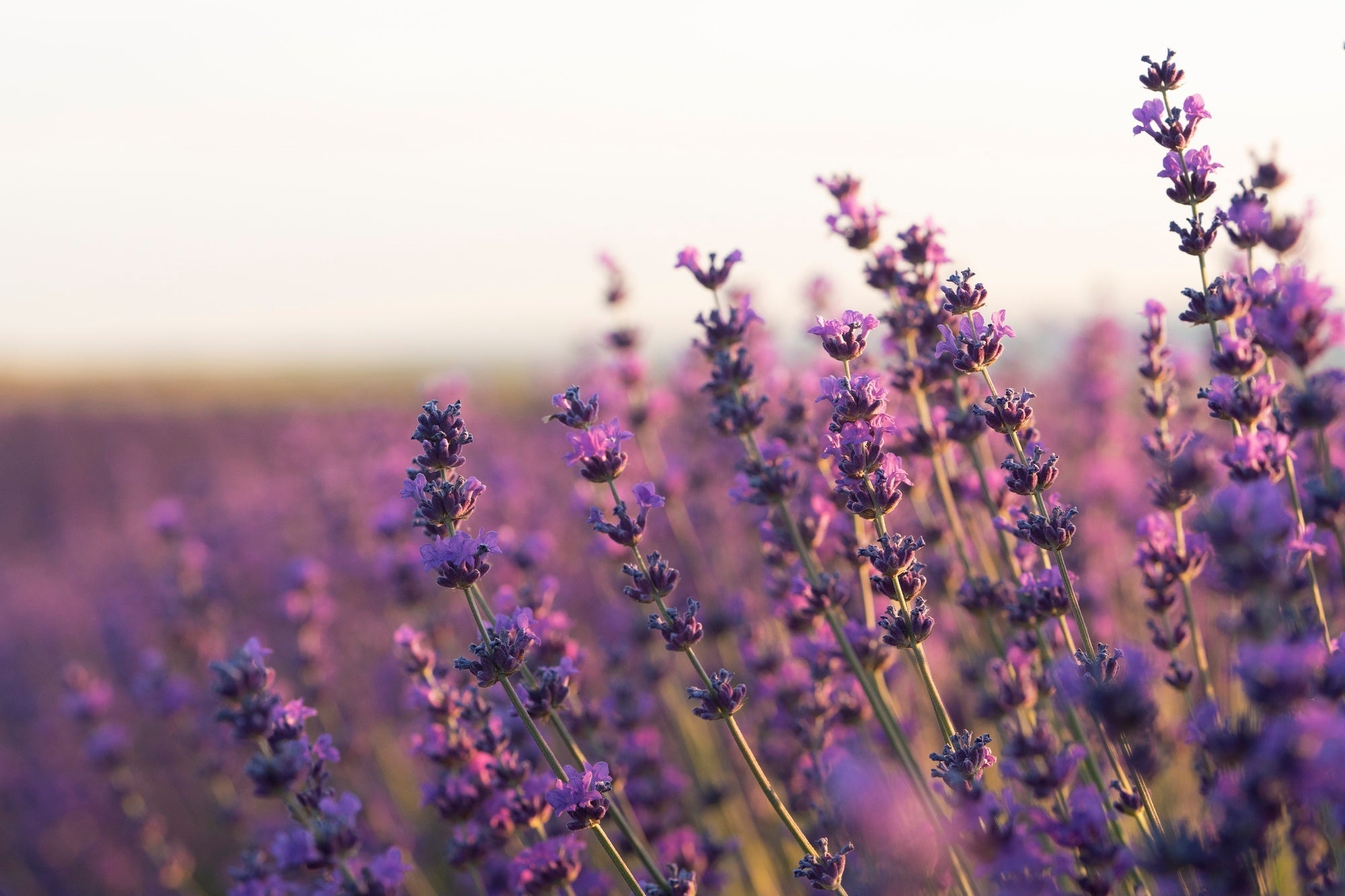
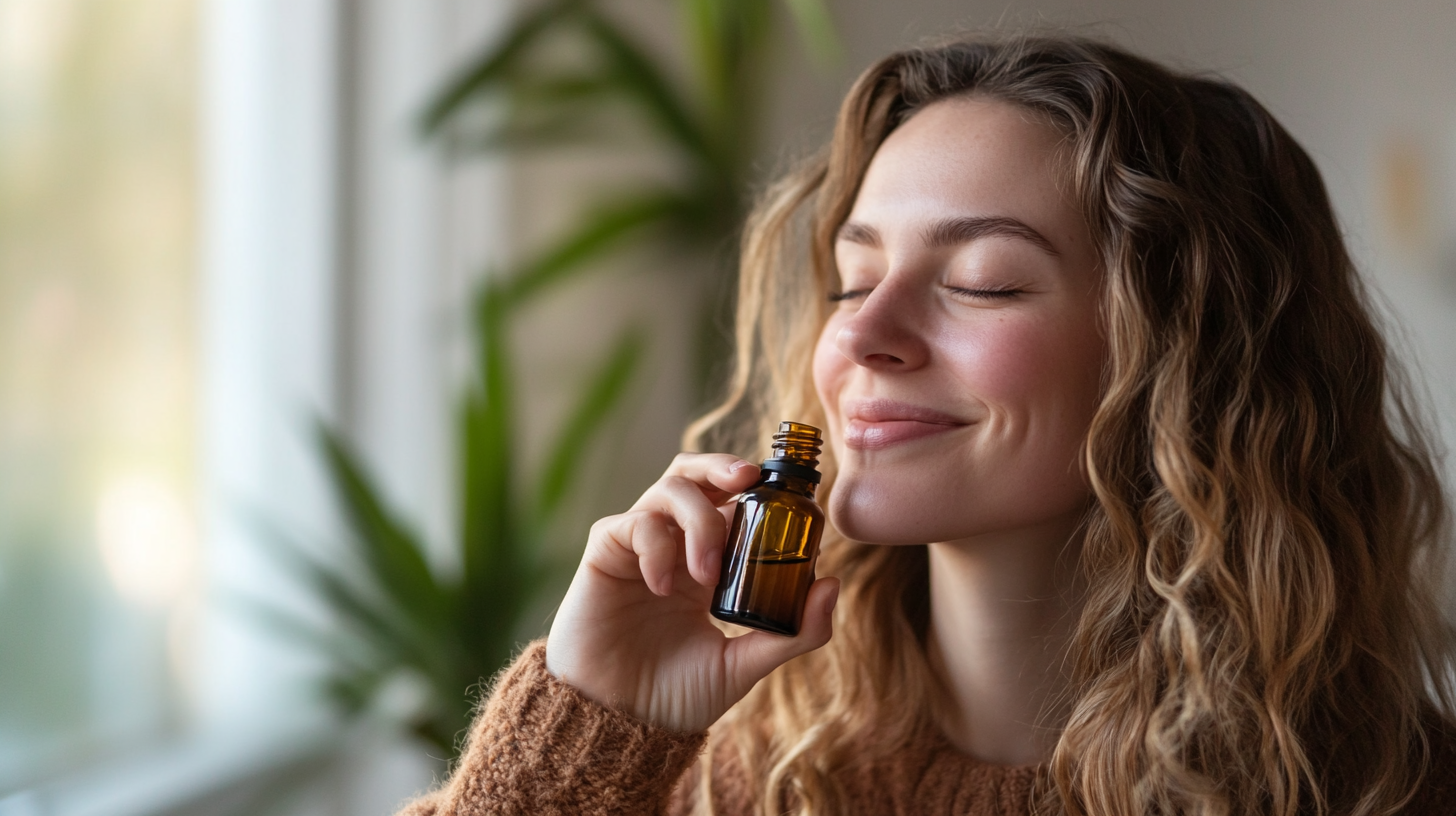
Share: